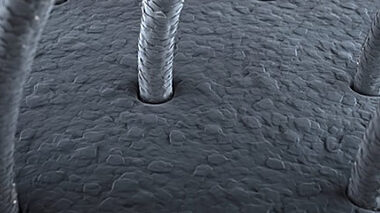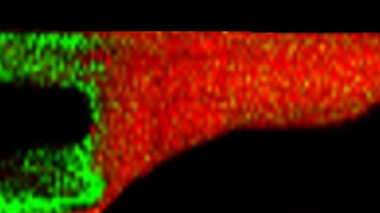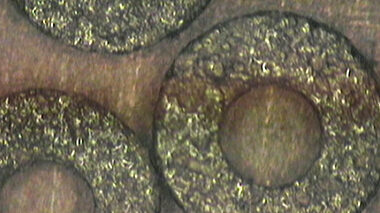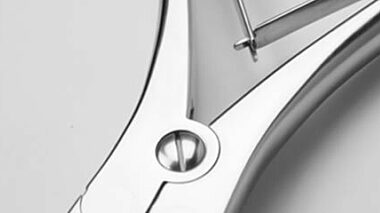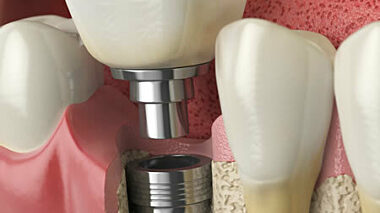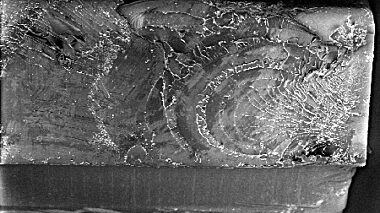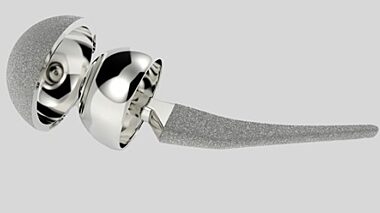Chemical Analysis Services
Chemical analysis is conducted for a wide range of purposes from material identification and characterisation to quality control monitoring. In our extensive and well-equipped laboratories most of the testing is conducted under our UKAS ISO 17025:2017 accreditation (UKAS accredited testing laboratory No. 0013).
While many of our testing protocols are generally run according to standard methodologies (ISO, EN, BS, ASTM, DIN, etc), tailored analysis and testing can be developed for specific applications. Some typical analytes are provided for information below. Determinations can be performed from bulk 100% to trace sub ppm levels.
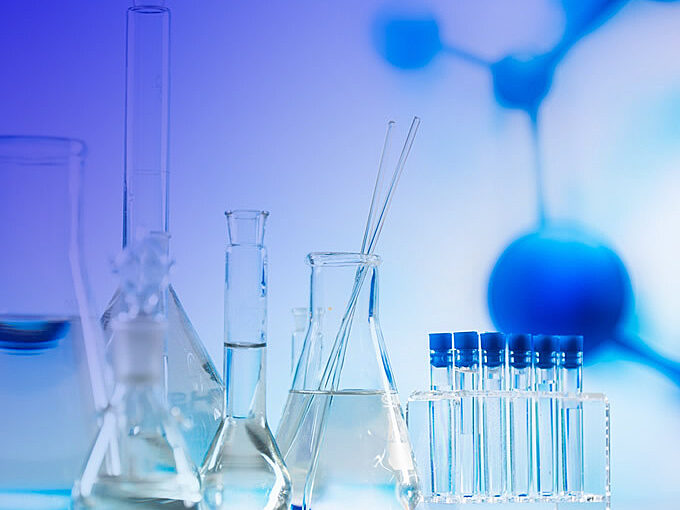
We have extensive experience and expertise in analysing a wide range of materials including ceramics, raw materials, mortars, metals, polymers, natural materials, waste streams, gas & air monitoring, components, and consumer products. Data is collected using a combination of instrumental techniques including X-Ray Fluorescence Spectroscopy (XRF) and Inductively Coupled Plasma Spectrometry (ICP) with more traditional ‘wet chemistry’ analytical techniques available.
Analytical techniques
- FEG-SEM (Field Emission Gun Scanning Electron Microscopy)
- FTIR (Fourier Transform Infrared Analysis)
- GC (Gas Chromatography)
- GC-MS (Gas Chromatography-Mass Spectrometry)
- GPC (Gel Permeability Chromatography)
- IC (Ion Chromatography)
- ICP-MS (Inductively Coupled Plasma – Mass Spectrometry)
- ICP-OES (Inductively Coupled Plasma Optical Emission Spectroscopy)
- NMR (Nuclear Magnetic Resonance)
- SEM/EDX (Scanning Electron Microscopy / Energy Dispersive Analysis)
- XRD (X-Ray Diffraction)
- XRF (X-Ray Fluorescence Spectrometry)
Typical applications for these analyses are:
- quality control testing - to ensure materials and products conform to a specification
- legislative checks - e.g., toxic metals, ROHS, Waste Acceptance Criteria
- identification - re-engineering
- occupational hygiene - toxic metals
- problem solving - contamination, discoloration, corrosion, investigation into abnormal behaviour
Typical materials
- biomedical materials (including calcium phosphates)
- building products
- ceramics (advanced and traditional)
- clay, sand, and rocks
- concrete and mortars
- electrical components
- electro ceramics
- gas, biogas & biomethane
- industrial ceramics
- investment castings
- leachates and waters
- metals
- natural stone
- rubbers and plastics
- sanitaryware
- screeds and plasters
- soil and water
- waste streams for disposal and recycling
Please view our extensive UKAS accreditation schedule here, or contact us directly if you have any questions or enquiries.
White Papers



